Saving money while living full-time in an RV is totally possible with the right strategies and a bit of flexibility. RV life brings incredible freedom, scenic views, and some unexpected expenses if you are not careful about your budget.
I’ve been living the full-time RV since 2008, and in the early days, learning how to stretch a dollar out here has honestly made my trips less stressful and a whole lot more fun. This guide covers my best money-saving tips, real-world examples, and the practical stuff most people think about only after hitting the road.
Understanding the Real Costs of Full-time RV Living
Knowing what to expect with costs is the first step to saving money on the road. RV living has some obvious expenses like gas, campground fees, and food, but there are other things people new to this lifestyle are often shocked by. Maintenance and repairs can pop up anytime. Groceries may cost more in rural areas. Sometimes you want upgrades or special gear you didn’t think about at first.
I started with a rough monthly budget, but it needed lots of tweaks. It helps to track spending for the first couple of months. I used a simple notebook and a spreadsheet on my laptop. By doing this, I quickly saw where I was overspending.
For me, campground fees and eating out were two big leaks. Some RVers spend as little as $1,200 monthly, while others (with luxury tastes or big rigs) might spend $3,000 or more. The real trick is finding what makes you comfortable without draining your savings.
Main cost categories usually include:
- Campground or RV park fees
- Gas and diesel
- Groceries and eating out
- Maintenance and repairs
- Insurance and memberships
- Phone and internet service
- Entertainment, sightseeing, and extras
Sticking to a super detailed budget and making changes as you go is key. Financial flexibility is just as valuable as a flexible travel plan in this context.
Campground Fee Hacks and Free Camping Options
Campground fees can pile up quickly, especially if you stay at resorts or private parks every night. Some places charge as much as $80 a night, which feels wild when you total it for a whole month. I try to mix up campgrounds, national parks, state parks, and free camping (boondocking) to keep costs low and the adventure level high.
Boondocking means camping off-grid, usually on public lands managed by agencies like the Bureau of Land Management or in national forests. These spots are often free, though you may go without hookups for electricity and water.
Apps like RV Parky, Campendium, and iOverlander help track down these locations, along with reviews and GPS info. I spent this past summer moving from one quiet location to another and loved both the peace and the savings.
Other ways to slice campground costs:
- Snag camping memberships: Programs like Thousand Trails, Passport America, and Harvest Hosts give serious discounts. Some are best for certain regions, so see if they fit your route.
- Look for long-term stay deals: Many parks offer weekly or monthly rates that can save a bunch over nightly pricing.
- Try city and county parks: These are often less expensive than private resorts and usually more peaceful.
- Stay with friends or family: Parking in a backyard with permission is often free and a great way to catch up with loved ones along the way. We call that mooch-docking! LOL
Mixing things up between boondocking, public land, and the occasional paid park keeps camping both affordable and interesting. With each switch, you stumble upon new scenery and fresh experiences.
Smart Strategies for Fuel Savings
Fuel is easily one of the most significant costs in full-time RV life. The price of gas and diesel shifts all the time, and long driving days will wreck your budget if you don’t watch out.
Back in 2012, when diesel prices were $4.25/gal and I was getting eight miles per gallon, I started driving less and planning my route to help hold down expenses. Moving slowly became my favorite tip, since you not only save gas but also really get to know the places you visit.
Here are a few things that help keep fuel costs lower:
- Route planning apps: Google Maps and RV Trip Wizard both help you avoid extra miles or tricky terrain.
- Use gas price apps: GasBuddy and similar services can show you where it’s cheaper to fill up along your route. Check out this source for discounted diesel fuel.
- Travel with the wind when possible: Checking local wind direction sometimes influences which way I head, especially with boxy RVs.
- Keep your rig as light as you can: Every extra pound hurts fuel efficiency, so regular cleanouts keep you saving in the long run.
- Chill out on speed: Staying closer to 60 mph instead of 70 mph bumped my mileage up by 1-2 MPG.
All these little savings stack up over weeks and months, letting you do more with less.
Saving Money on Food and Groceries
Eating out every night can crush your bank account. Learning to cook in your RV is a top way to save, eat better, and use the same basic ingredients in lots of ways. I carry a small fridge, so I shop every few days, and my food stays fresh.
Groceries swing in price depending on location. Small stores in remote areas are almost always more expensive. I try to hit larger stores or stock up when near bigger towns. While limited space makes bulk shopping tricky, pasta, rice, and some canned stuff last long and cost less.
Extra tips for food savings:
- Farmers’, markets: Local produce is usually cheaper, fresher, and gives you a quick taste of the area’s best food.
- Discount shelves: Hunt for food close to the sell-by date or seasonal specials for real deals.
- Plan and prep: Batch cook basics ahead of time. I make breakfast burritos or chili in advance, so I always have something quick (and cheap) to grab.
- Campfire and grill cooking: Getting outside with a small grill keeps it fun and can save you propane or electricity inside the RV.
Stick to staple foods, create flexible meal plans, and don’t be afraid to get creative with leftovers. Your wallet will thank you.
RV Repairs and Maintenance for Less
Every RVer faces surprise breakdowns and maintenance issues. RV shop labor is expensive, and waiting for parts can take ages. Learning to do basic DIY fixes and keeping up with preventative care pays off over time. I always have a toolkit and an emergency kit for roadside problems.
Here’s what I do to spend less on repairs:
- Tackle the simple stuff: Changing oil, rotating tires, or fixing a leaking faucet are all doable with YouTube’s help. It keeps you independent and helps avoid pricey shops.
- Keep a checklist: Frequently checking around for leaks, tire wear, and battery charge will catch issues early. Create a little logbook to track things.
- Call a mobile tech when needed: If a repair is too much, bring a tech straight to your site. This is often cheaper, and you avoid towing fees.
- Carry spares: Belts, fuses, bulbs, and a freshwater hose add peace of mind, and you skip the markup you’d pay at tourist shops.
Investing time into even basic repairs helps avoid big bills later. Plus, you pick up handy skills on the way.
Internet, Entertainment, and Work on the Road
Reliable internet is a lifeline for both work and play. Paying top dollar for unlimited mobile data or satellite can eat your monthly budget. I make it work with a blend of plans, backup SIM cards, and by making the most of free WiFi when available. There are plenty of creative options:
- Prepaid SIM cards: Pick up data as needed and keep multiple carriers for better coverage in rural zones.
- Campground WiFi: Many parks offer basic internet included with your stay. It’s not always speedy, but it works well for browsing and email.
- Public WiFi: Libraries, coffee shops, and even fast food chains have decent WiFi if you need to upload batches of work or download new shows.
- Downloaded entertainment: Stock up on podcasts, audiobooks, and movies when you have fast connections so you’re set when boondocking.
Think ahead to avoid pricey overages, and you can stay connected without blowing your budget.
Memberships, Discounts, and Extra Savings
RV clubs and loyalty programs seriously add up the savings. Some of my favorites include:
- Good Sam Club: Discounts for gas, campgrounds, and even service shops all over the country.
- National Parks Pass: The America the Beautiful Pass lets you access national parks and monuments for a flat fee each year. Perfect if you travel to multiple parks.
- Grocery store reward cards: Always sign up in chain stores to get the best deals, regardless of state.
- Ask about special discounts: Seniors, military, AAA, and others can snag better pricing at campgrounds, museums, and local attractions. If you don’t ask, you miss out.
Frequenting RV forums or Facebook groups helps you stumble upon club codes and money-saving hacks others have tracked down. Fellow travelers love sharing a great deal.
FAQ About Saving Money While Living Full-time in an RV
How can I find free places to camp?
Public land managed by the BLM, Core of Engineer parks, national forests, and sites like Campendium and iOverlander list many free camping locations with reviews and GPS points. Always double-check local rules before you settle in for the night.
What’s the cheapest type of RV to live in?
Vans, small trailers, or smaller 5th wheels cost less in fuel and maintenance. Small rigs can sneak into more free camping spots and are easy to handle on twisty roads.
How much should I budget for monthly expenses?
Many full-time RVers spend between $1,200 and $2,500 a month. Big rigs, frequent long drives, and luxury campgrounds bump that number up fast. Track your spending and you’ll spot ways to adjust as needed.
Can I work from an RV and stay connected?
Absolutely. With mobile hotspots, campground WiFi, and smart planning, you can work remotely from almost anywhere. Many RVers freelance, create content, or telecommute on the road. Here’s a possible idea and it’s now how I make money from my RV home.
How do I handle RV repairs when I am far from a city?
Learning the basics is huge. Carry the most important spares, look up repair videos, and check in with other RVers in online groups for on-the-go advice.
RVing full-time gives you the freedom to chase adventure while living with less, but with the right planning and a handful of clever tricks, it can also be super affordable. I always pick up new ideas from fellow travelers, so don’t be shy about swapping stories or asking for advice at your next campfire. Enjoy the freedom and keep your budget happy, wherever you roam.
For additional tips and guides, check out trusted resources like RV Travel and the BLM’s official camping page. Want more on making income while traveling? Check out my guide to the internet for RVers here.
Have questions, money-saving hacks, or stories from the road? Leave a comment or send a message. Happy travels and smart saving!
Want to run a business from your RV while traveling? Visit achievewithhoward.com! No experience necessary!

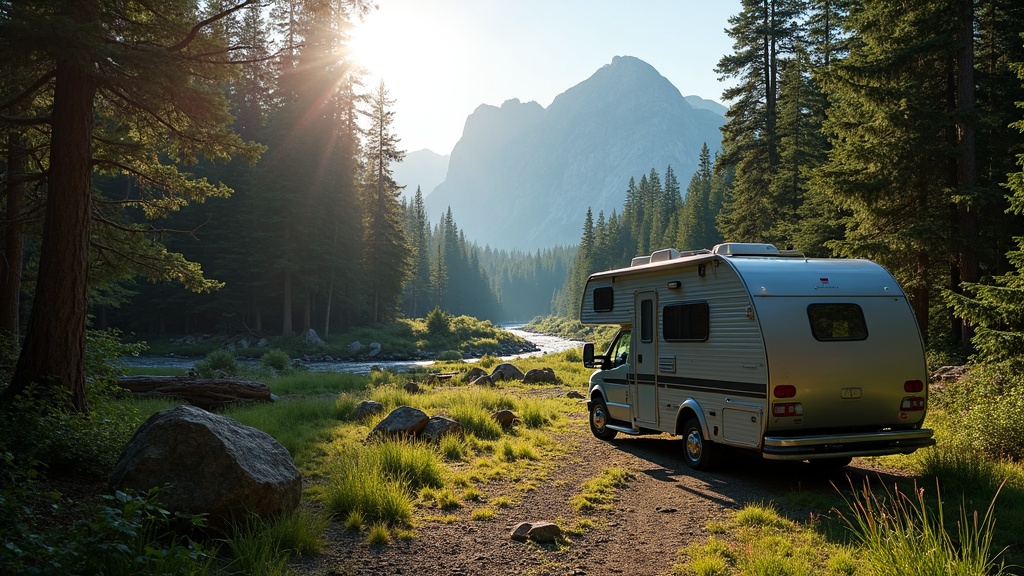
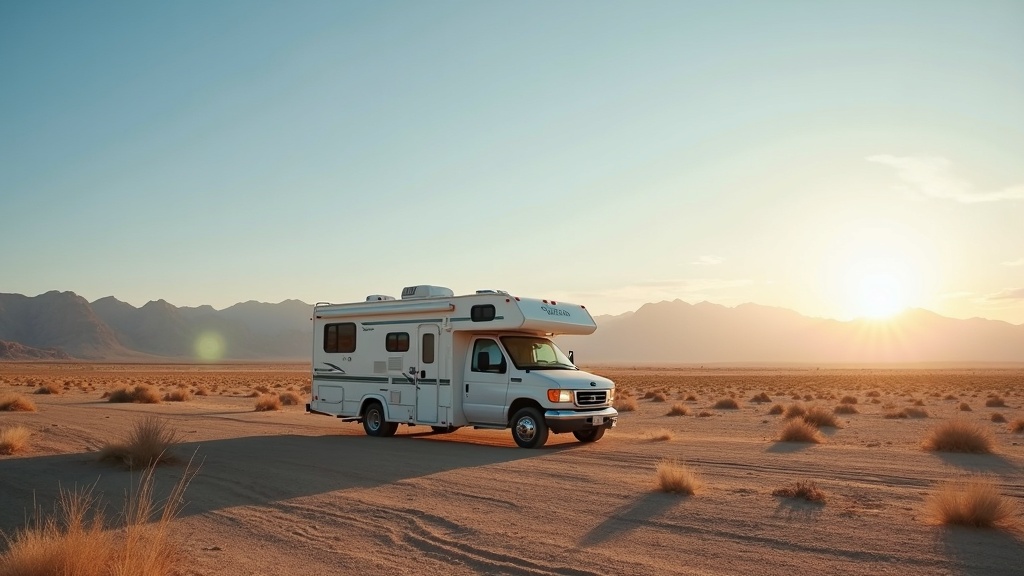
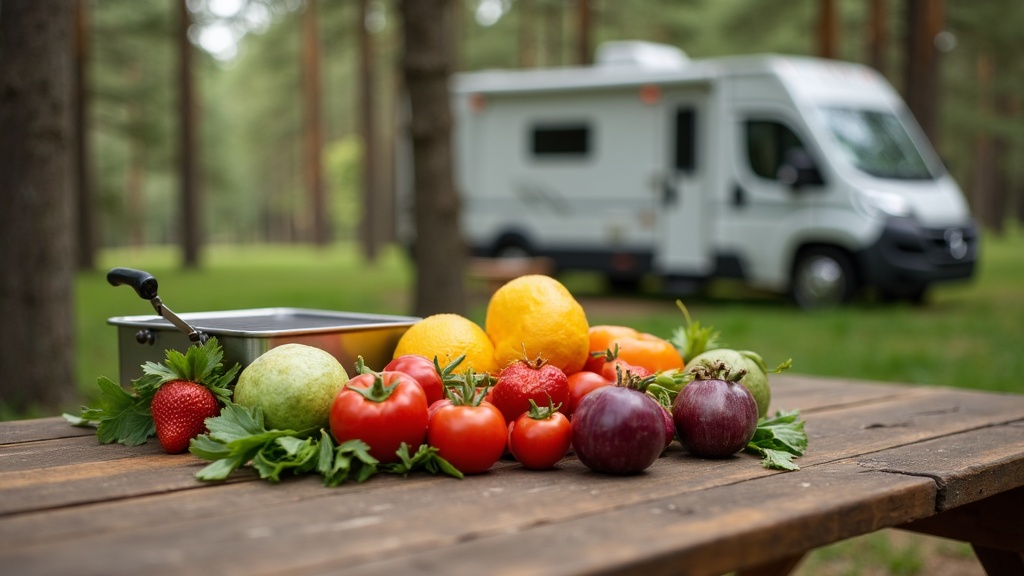
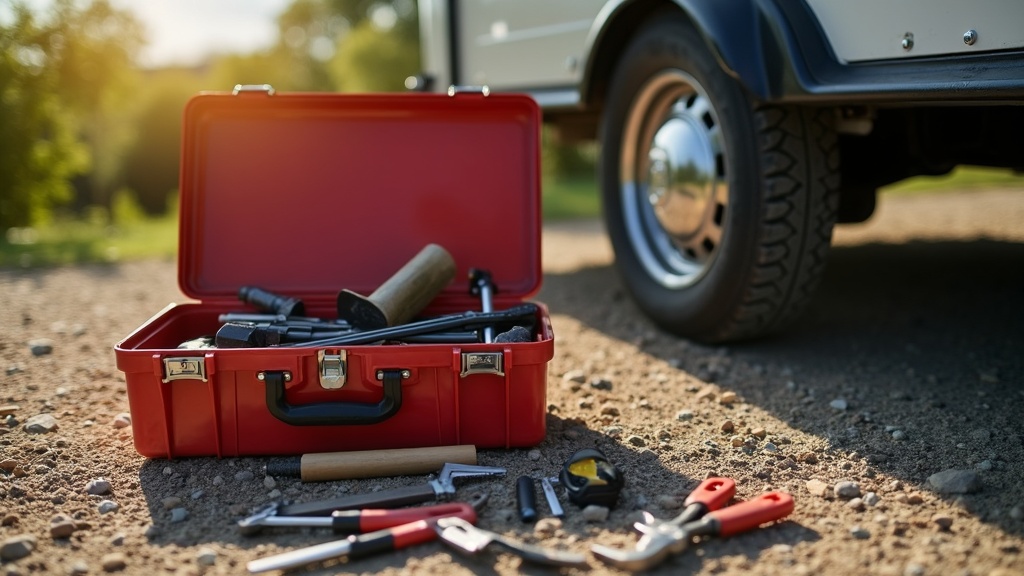
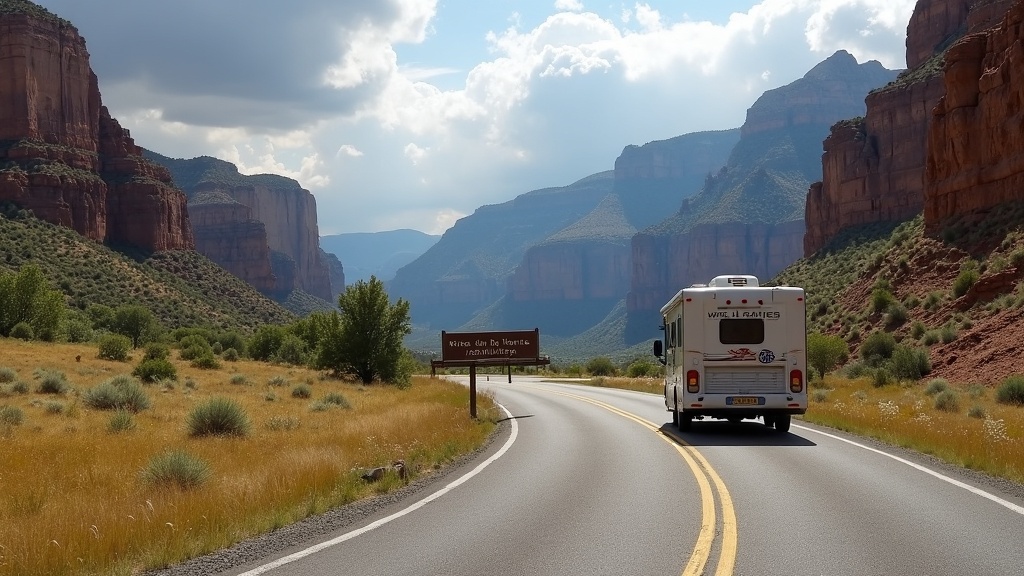
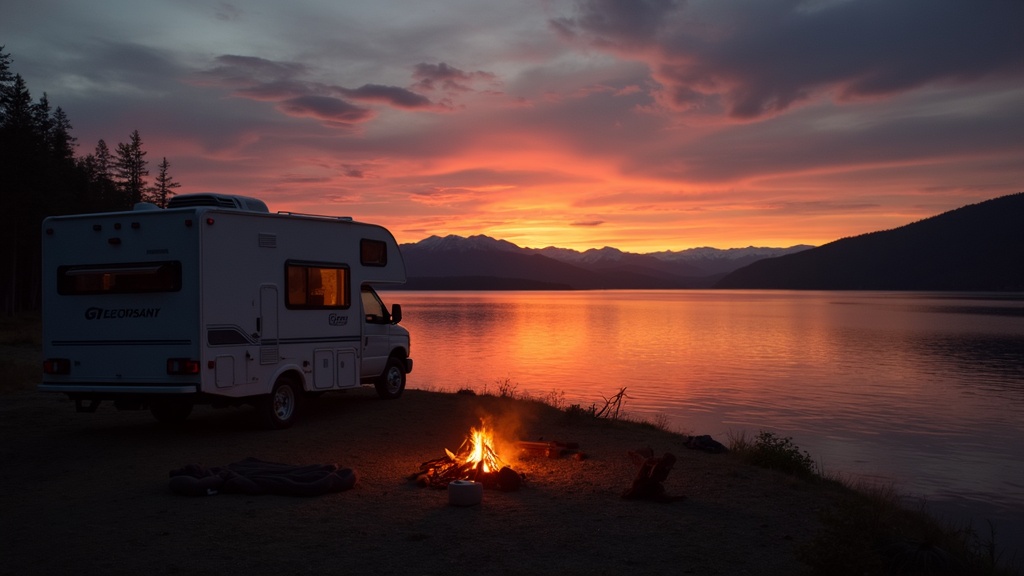

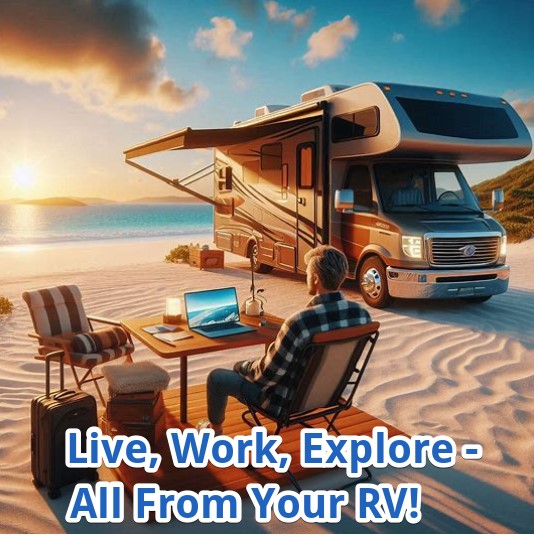
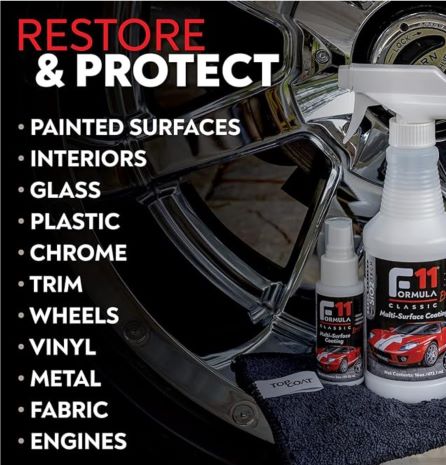
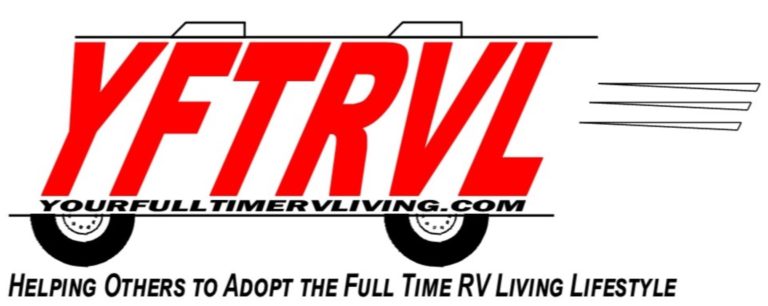



Recent Comments